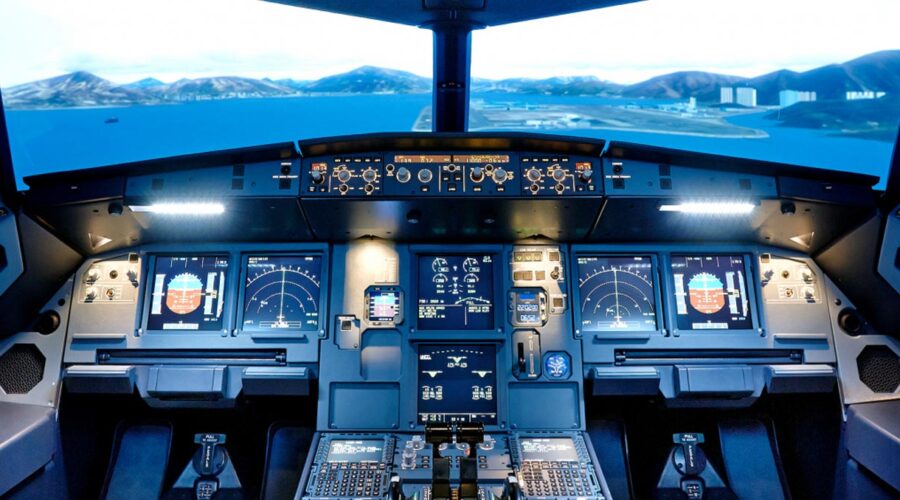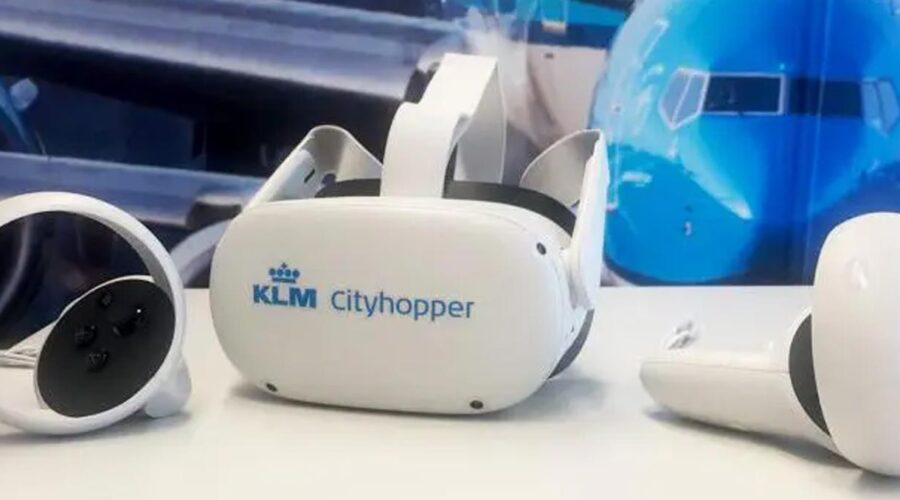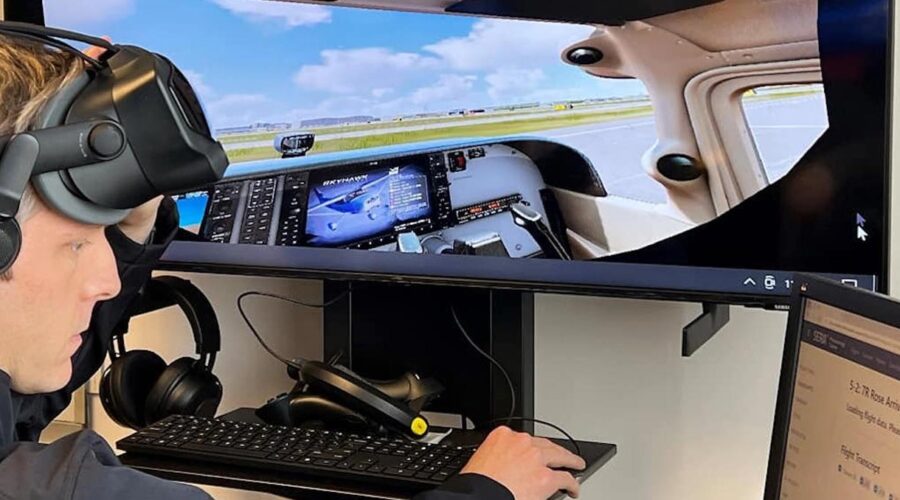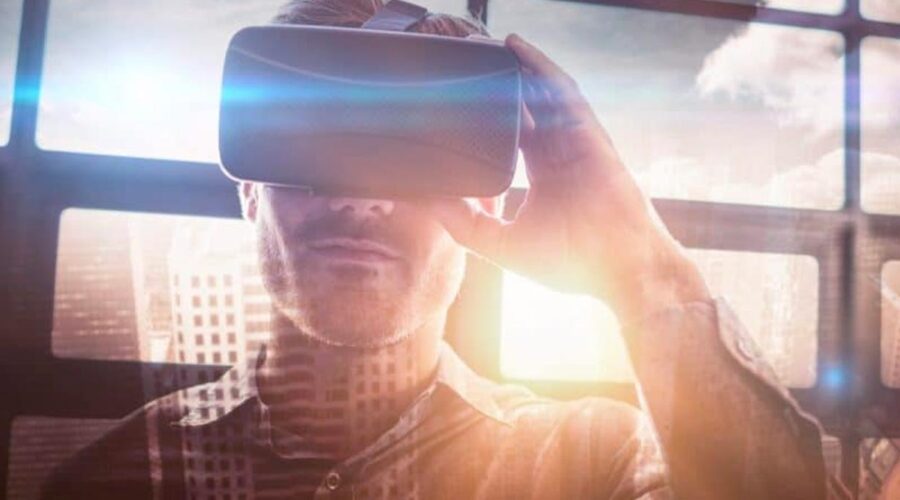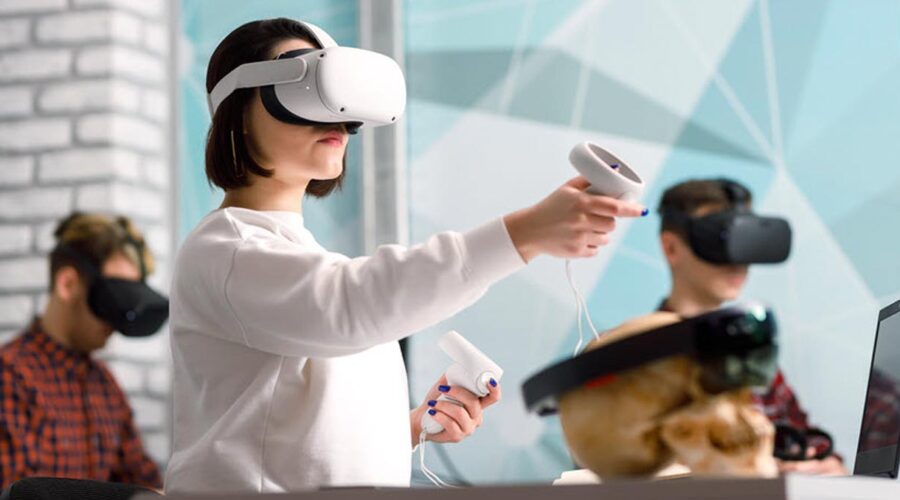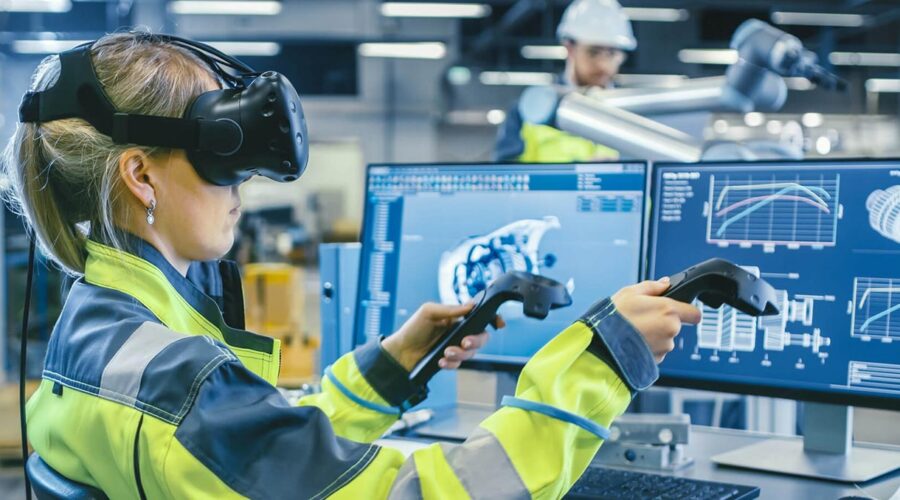How to Use Virtual Orientation in Aviation
Virtual orientation in aviation is a useful tool for training new hires and familiarizing them with the aviation industry. It is a way to introduce employees to their job roles, policies, procedures, and the company culture before they begin working on the job. Virtual orientation can help employees feel more comfortable and prepared for their new role, resulting in improved job performance and retention rates. In this article, we will discuss how to use virtual orientation in aviation.

